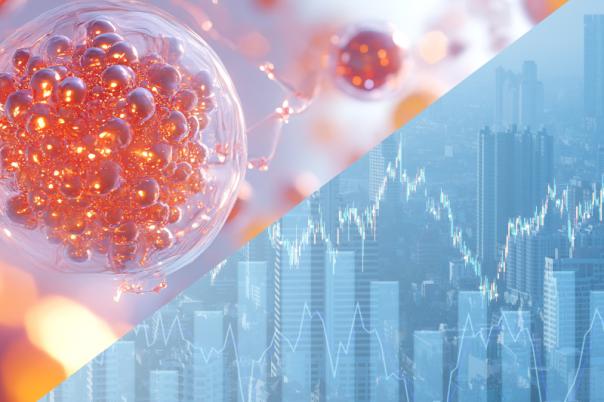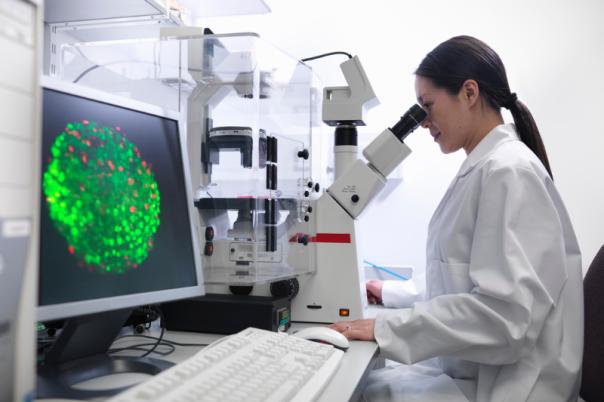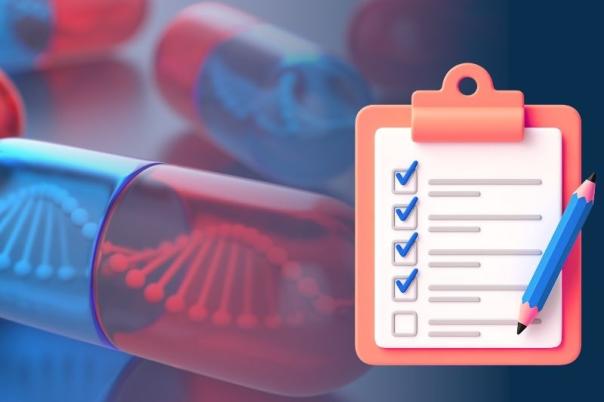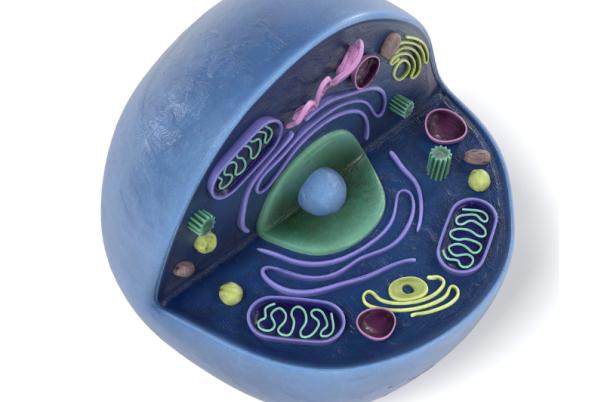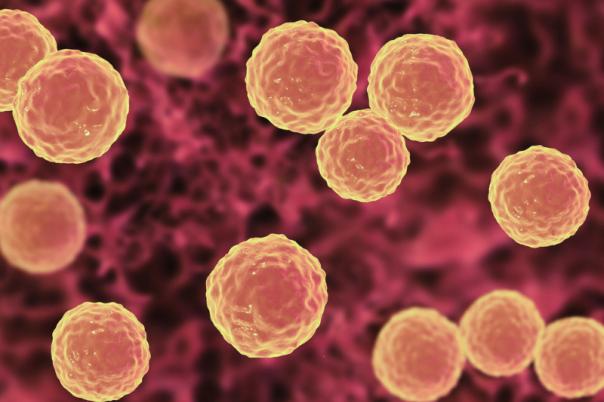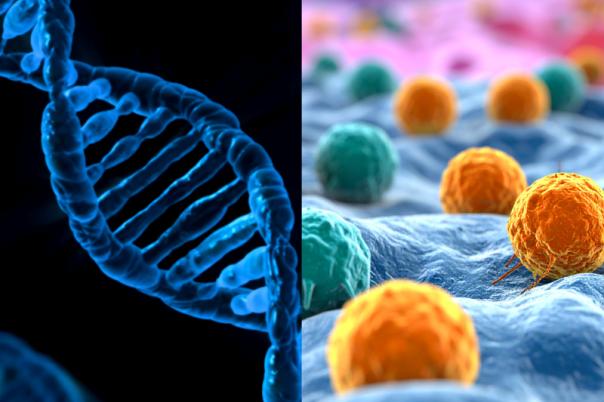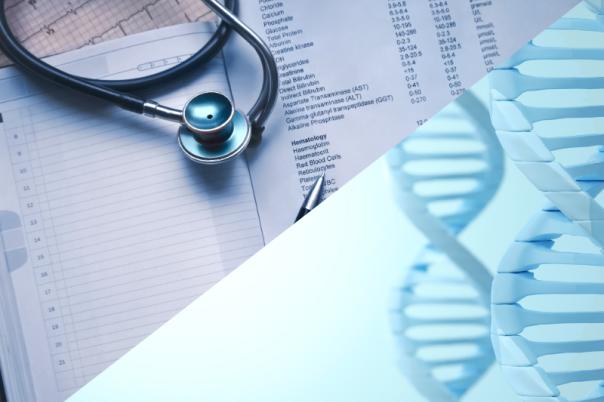Scientists at Kings College London have grown teeth in a lab for the first time. The breakthrough is thanks to the material that is used to grow the teeth in, bioorthogonally cross-linked hydrogels, which acts as a 3D matrix for the growing organoid.
These hydrogels play a crucial role as they allow the cells within them to communicate with each other, spurring on their differentiation into tooth cells.
ACS Macro Lett. 2024, 13, 12, 1620–1626
“We developed this material in collaboration with Imperial College to replicate the environment around the cells in the body, known as the matrix,” said the paper’s author Xuechen Zhang from the Faculty of Dentistry, Oral & Craniofacial Sciences at King’s College London.
He continued: “This meant that when we introduced the cultured cells, they were able to send signals to each other to start the tooth formation process.
The team hopes that this technique could one day be used to grow real dental replacements rather than artificial implants. One advantage of lab grown teeth over artificial treatments like dentures and fillings, is that they naturally adapt to their changing environment.
“Fillings aren’t the best solution for repairing teeth,” Zhang continued. “Over time, they will weaken tooth structure, have a limited lifespan, and can lead to further decay or sensitivity. Implants require invasive surgery and good combination of implants and alveolar bone. Both solutions are artificial and don’t fully restore natural tooth function, potentially leading to long-term complications."
Dr Ana Angelova Volponi, the paper’s corresponding author, added: “As the field progresses, the integration of such innovative techniques holds the potential to revolutionise dental care, offering sustainable and effective solutions for tooth repair and regeneration.”

